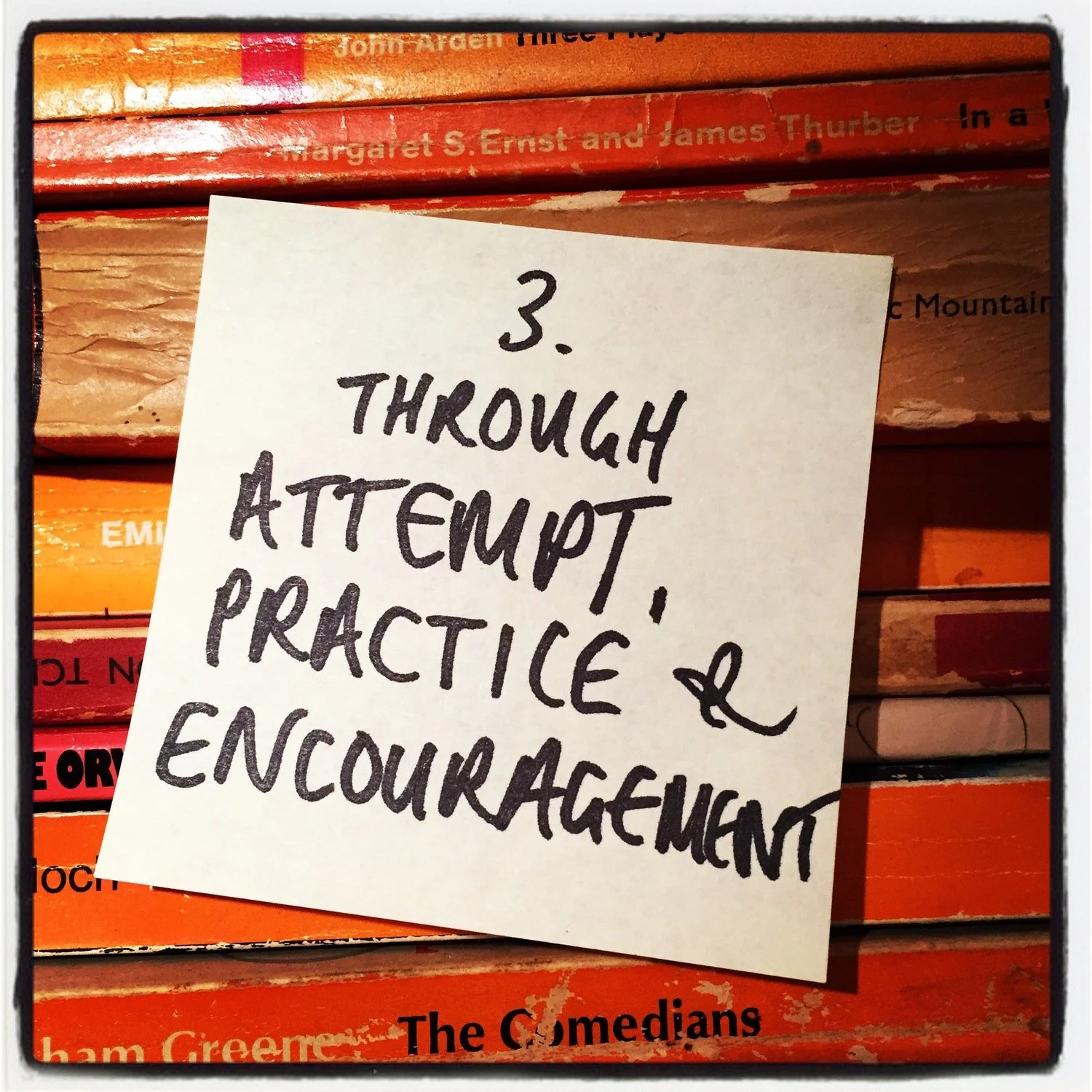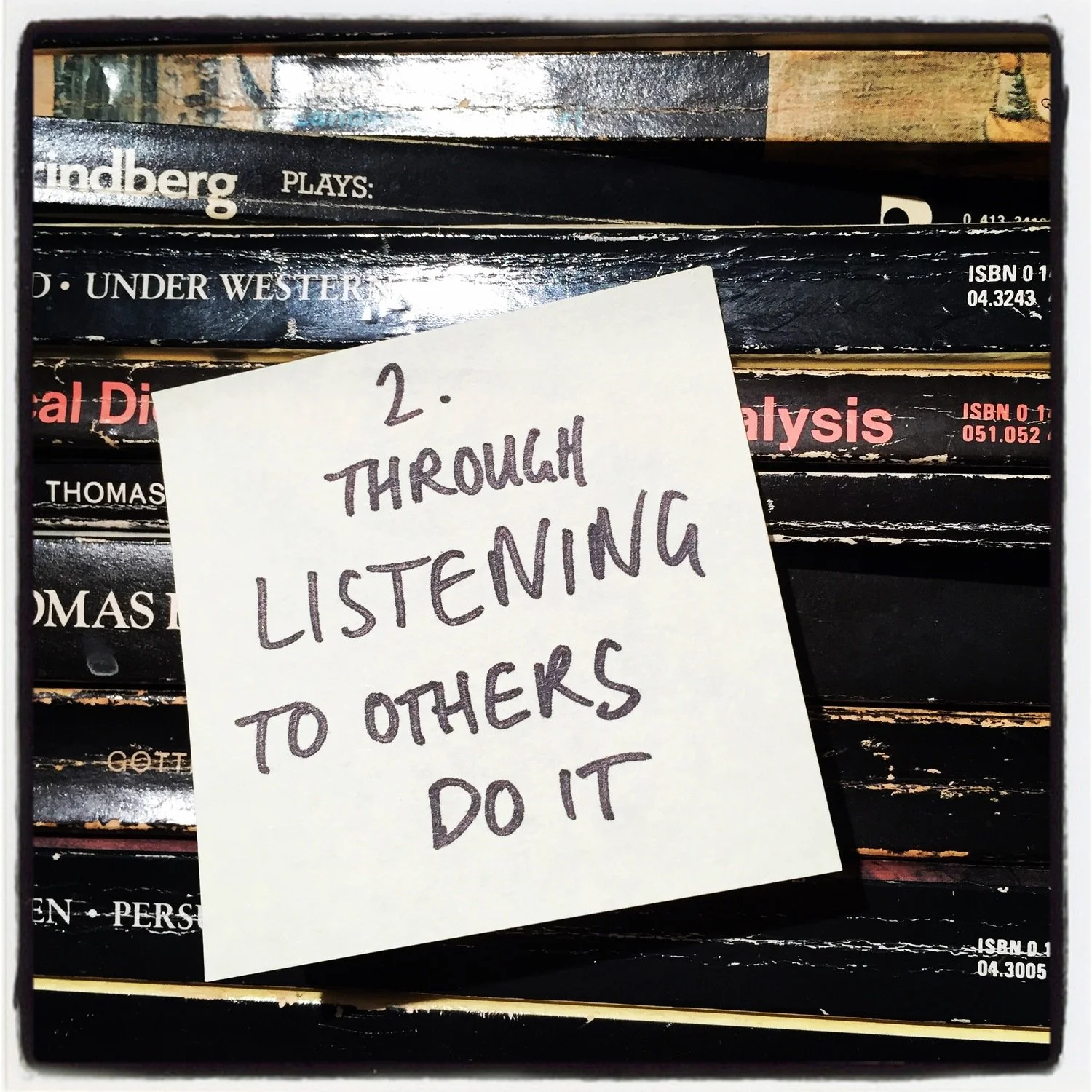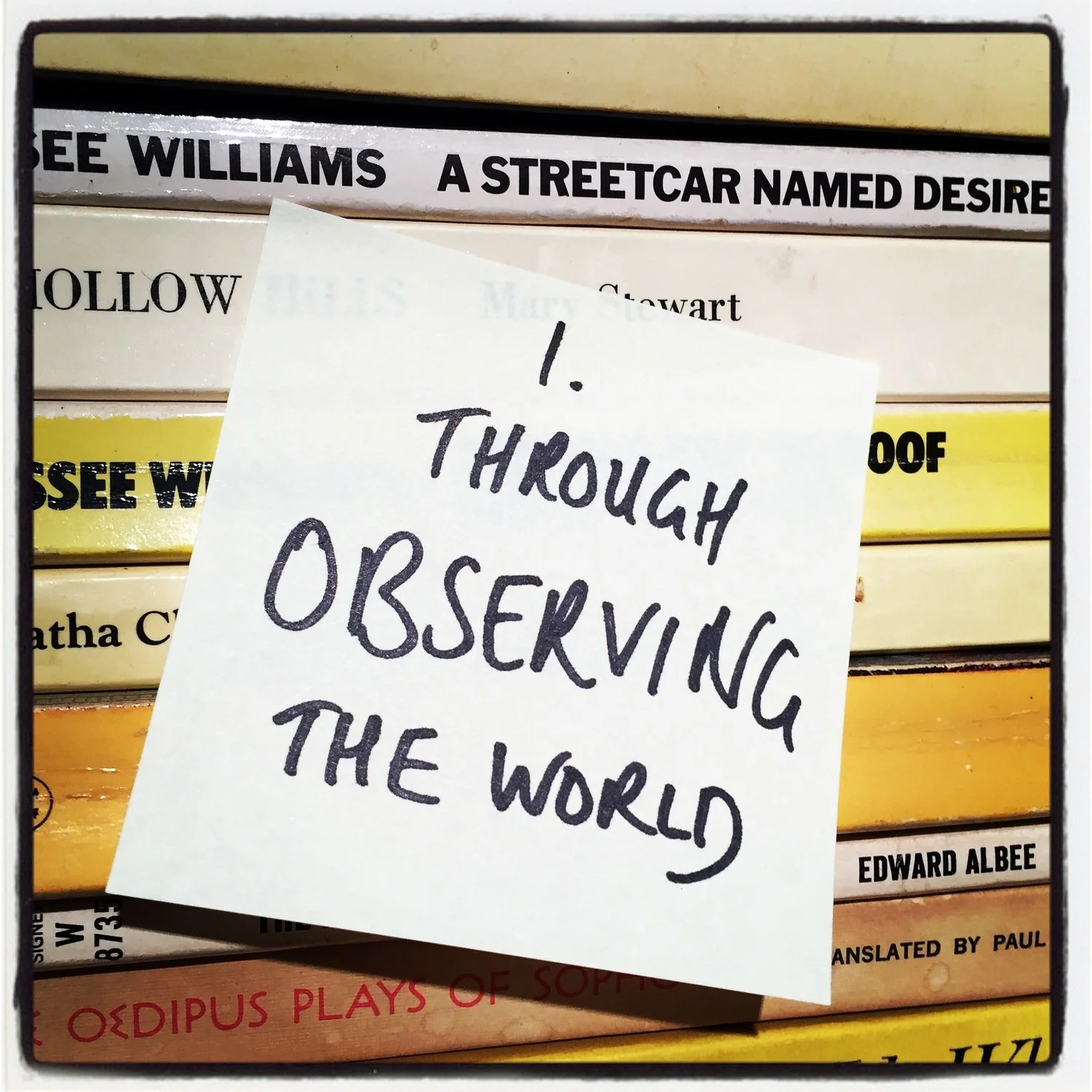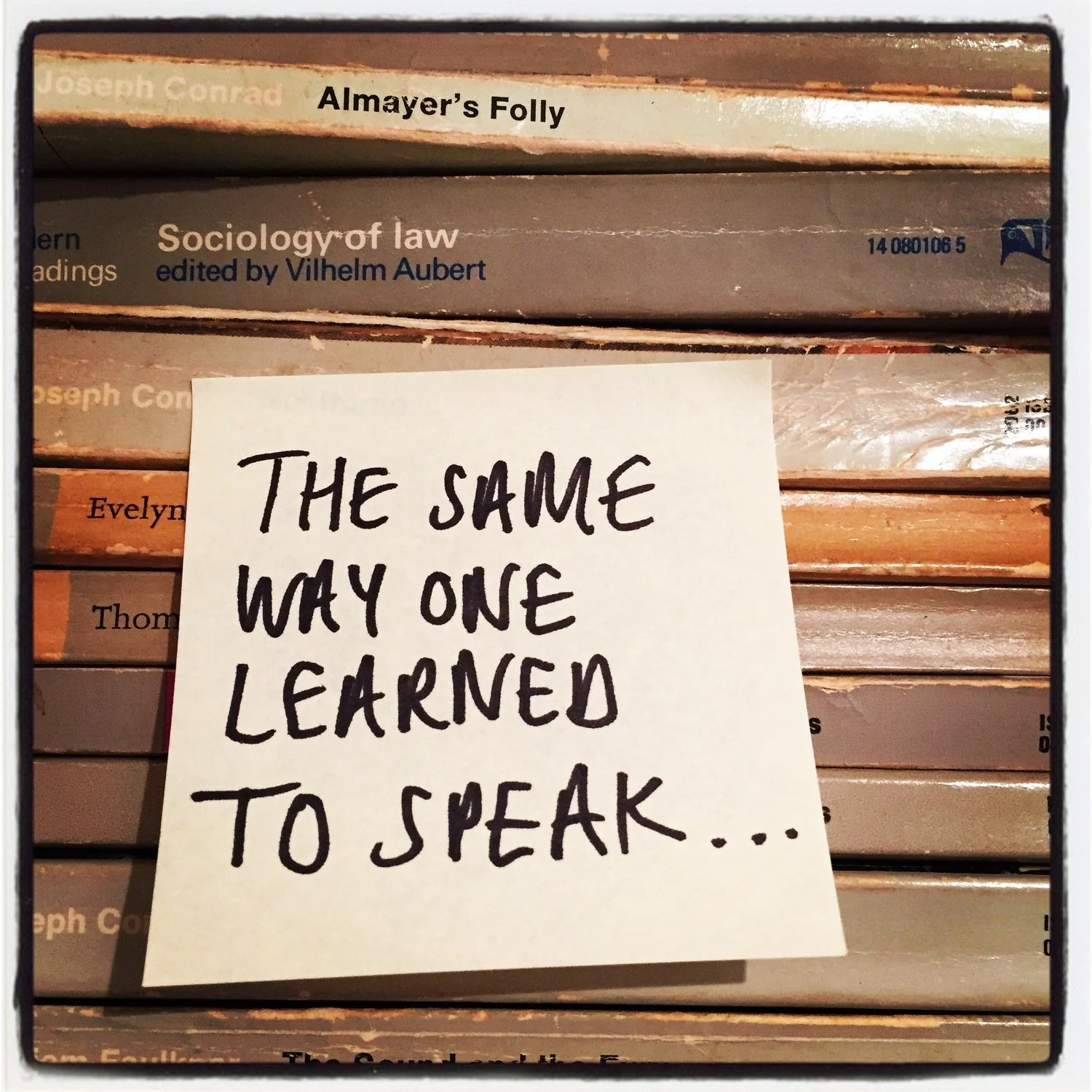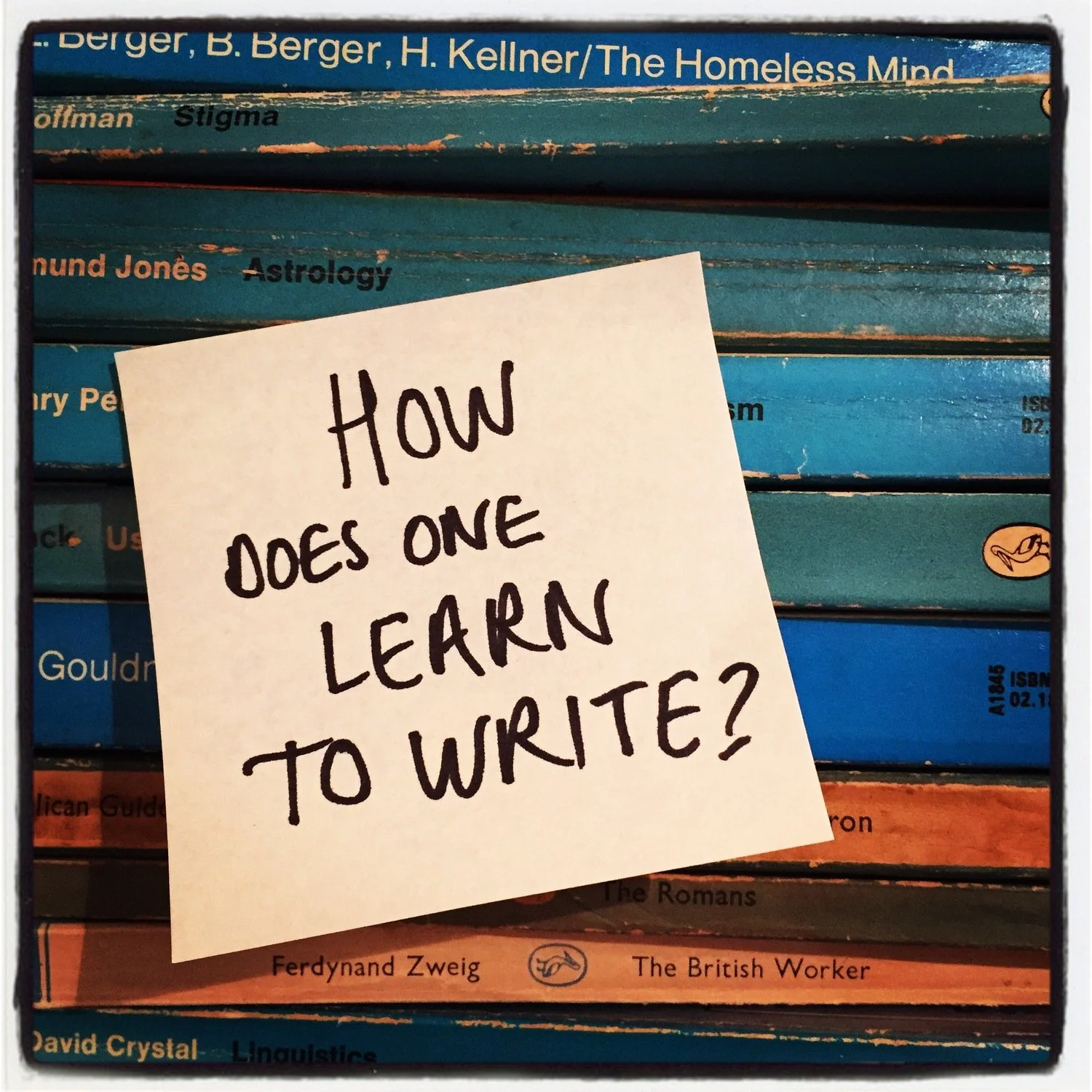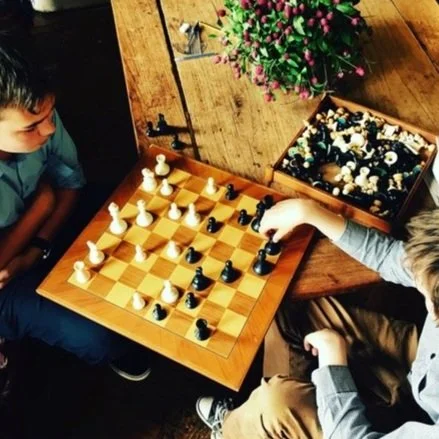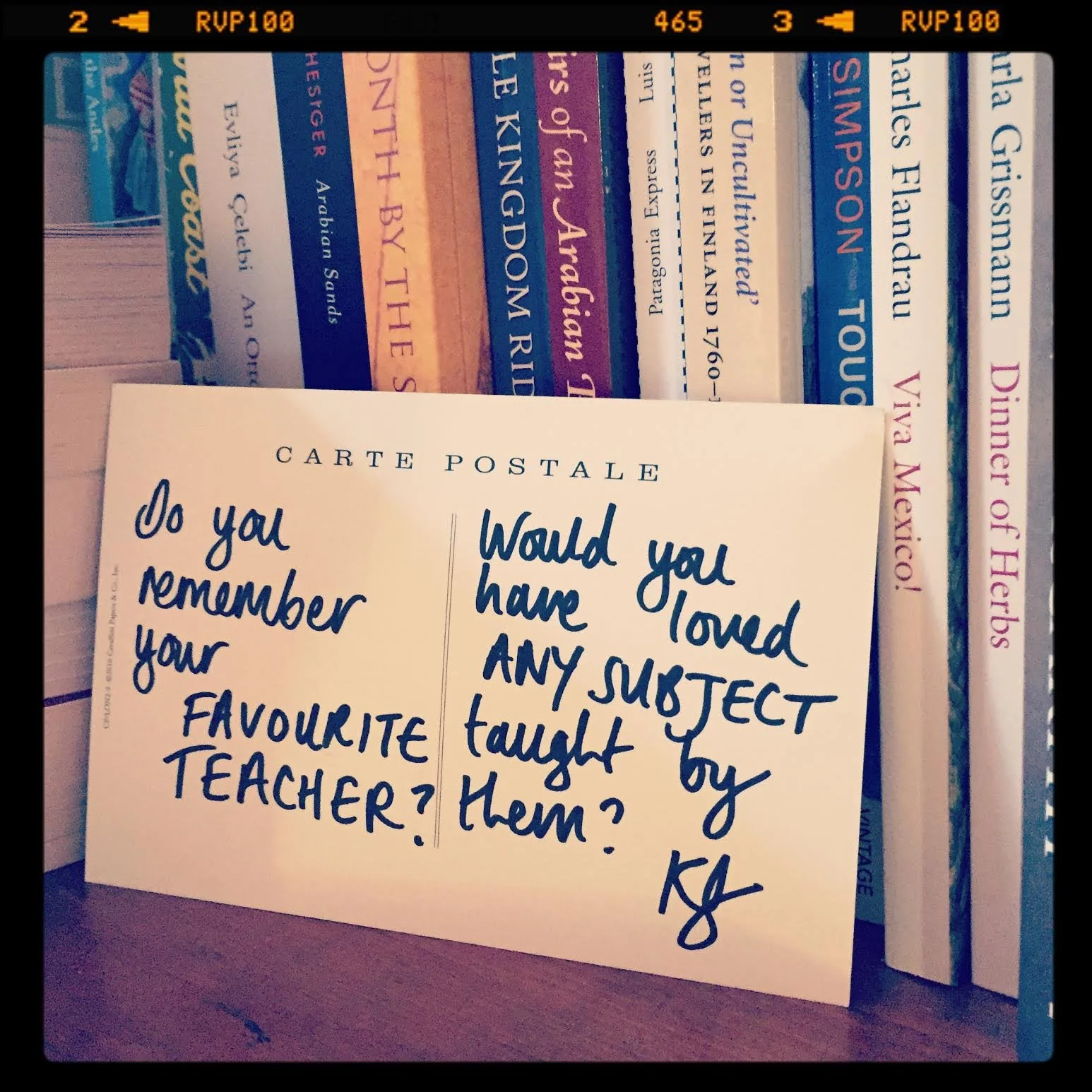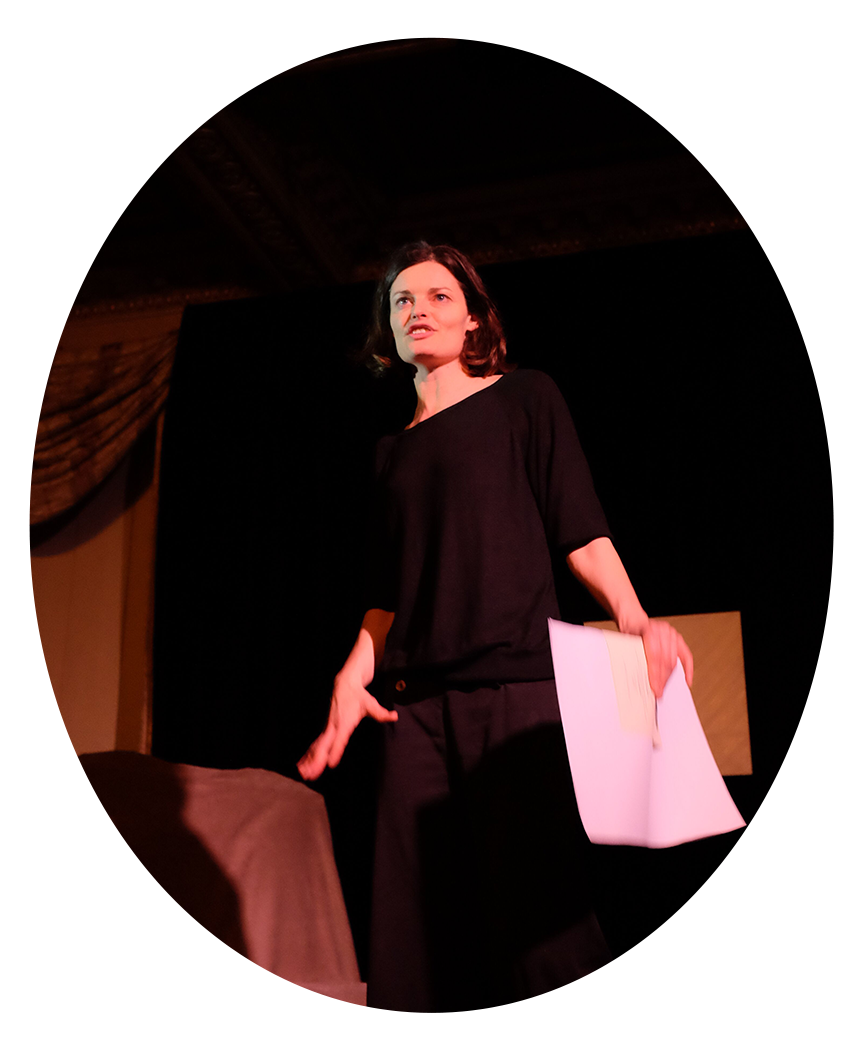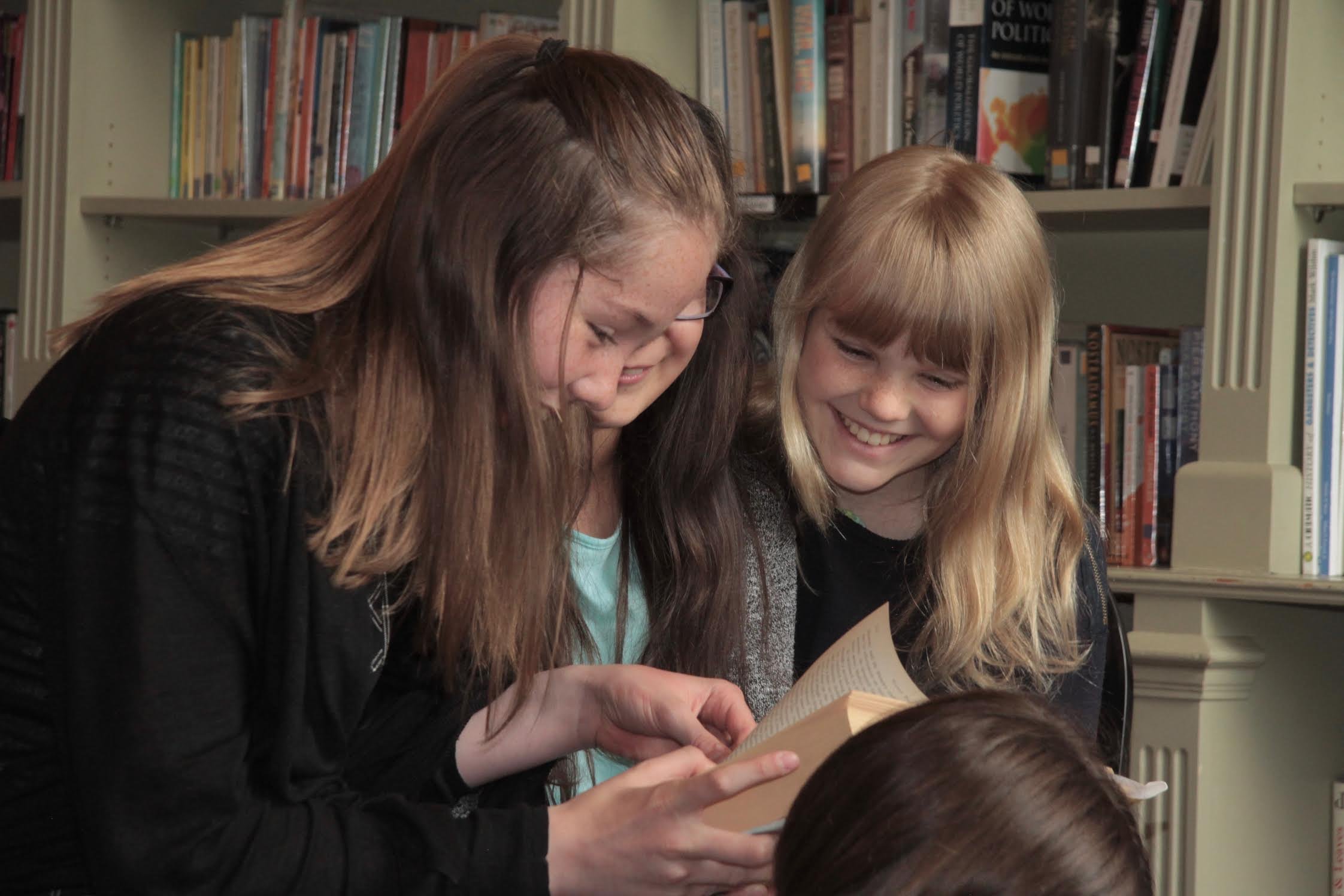
TUITION & courses
All tuition and courses are carefully designed to follow a structure which builds and strengthens all skills and knowledge needed for the area of study; from this place of assurance, all tuition and courses are then further adapted for the bespoke requirements of your child.
-
With you, Kathryn will create a schedule of learning designed to lead and support your child to the assessments in a calm, healthy, effective manner; the aim is that your child reaches the day of assessment feeling confident, prepared, and energised.
-
The tutor-student connection is a vital component in the learning; the fun but also the effectiveness of the sessions will build trust and positive connection, which will directly affect progress and development. It would be great to have an initial 20 mins ‘meet’ with your child, during which we can connect and ascertain whether the connection is likely to be an effective one; after the first five sessions, I will ask your child to fill in a quick questionnaire, which will help to tell if we were right, and that optimum joy and progress is underway.
-
I would never have imagined, pre-lockdown, that online learning could be so effective; in fact, the focus of attention requisite for online connection is often even more effective than the in person ‘looking over their shoulder as they write’ one. We keep the term-time sessions to 45 mins, which results in full focus and very often wanting of more…(a great place to leave a session). I teach with colour and creativity, utilising an online interactive whiteboard, and recommend that your child has the use of colours and creative notebook/s to record tools and techniques.
Testimonials:
“What joy when one’s child comes home from a long day at school and yet dashes to the computer, desperate to get online to her tutoring session! What magic you weave, Kathryn.”
“Kathryn delivers fantastic lessons to both our children online. She has an obvious passion for helping children and is also very organised, providing feedback for us as parents after each session.”
“I cannot thank you more for all the help you gave me. The lessons were fun, informative and full of laughter. I would not have been able to pass those exams without all the brilliant things you taught me… I already miss [them]... The [online] lessons were some of my favourite times of the week.”
Jump to Section:
English
English is a multi-facetted subject.
It is essentially a skilled-based subject: the skills of communicating and comprehending layers of meaning as expressed through the English language. In order to be able to develop these skills, however, one needs a certain knowledge and understanding of meaning, or at very least the context of a decipherable meaning.
So English is a skilled-based subject relying on the understanding and knowledge-base of, well, any and every thing. Quite a lot then. In school, we tend to divide this into:
comprehension: reading, analysis and expressing our responsive thoughts;
writing: creative, persuasive and analytical.
At 7+
reading and understanding; learning from the writing of others new language and basic poetic devices.
writing in expressive, creative paragraphs, to engage and delight.
at 11+
comprehension: inference; writer’s technique & effect; character depth.
writing: precision & vocabulary; creative techniques for effect; character’s emotional journey.
at 13+
analysis: form & content - books, poems, articles…
writing: persuasive; analytical; creative.
maths
Starting from scratch, we check/work through the building blocks to ensure a fully rooted foundation from which to spring into the more stimulating and applied-to-life maths:
the four operations - mental agility;
examinable topics - arithmetic, geometry, algebra;
worded problems - deciphering, logic, solving.
At 7+
the above, in their basic forms, with the exception of algebra and the addition of understanding time.
at 11+
the above to 11+ scholarship level.
at 13+
the above taken to their next levels and applied with more complex algebra and to the beginnings of trigonometry.
Creative Writing
‘explore dream discover’ - Mark Twain
…while developing their own individual styles.
-
Full or Half Day Workshops
Curated around the needs of the student/s, these workshops can be organised for you and a small group of your child’s friends.
Three Part:
· Inspiration, Ideas & Planning - structured, fully supported, yet with the opportunity to explore imagination;
· Writing - this can be utilised as exam practice if desired; fun, playful ‘exam’ conditions with extra ‘pretend’ candidates for younger students;
· Presenting - sharing the work in a playful, serious-presentation or theatrical way, with the opportunity to appreciate the work of others.
-
Week Half Day Courses
11+ - Curated for Year 5 students preparing for entrance assessments, or wishing to develop creative writing skills.
Four Part:
· Ideas & Planning - for continuation/response to a text, title or picture; how to plan for optimum content and style;
· Language & Techniques - using short extracts as models, analysis and consolidation of poetic & rhetorical techniques;
· Timed Writing Practice - how to get the best out of the minutes;
· Sharing & Analysis - listening to & learning from others, whilst developing analytical skills; confidence and presentation skills with one’s own work.
PRESENTATION LITERACY
Quotation from TED TALKS, Chris Anderson, Head of TED :
“I wish to persuade you of something: that however much public speaking skills matter today, they’re going to matter even more in the future. Driven by our growing connectedness, one of humankind’s most ancient abilities is being reinvented for the modern era. I’ve become convinced that tomorrow, even more than today, learning to present your ideas live to other humans will prove to be an absolute essential for:
Any child who wants to build confidence.
Anyone leaving school and looking for a meaningful career.
Anyone who wants to progress at work.
Anyone who cares about an issue.
Anyone who wants to build a reputation.
Anyone who wants to connect with others around the world who share a passion.
Anyone who wants to catalyse action to make an impact.
Anyone who wants to leave a legacy.
Anyone, period.”
Presentation Literacy skills are some of the most key skills for life in the modern age. These skills can be broken down into two overriding components:
Structuring and writing a meaningful presentation/speech/creative piece;
Confidently and engagingly delivering the piece/presentation to a group/audience.
-
Tuition
Presentation Literary tuition sessions can be taken in small chunks and tailored for:
· Interview or Audition (Admissions, Scholarship, NYT…)
· Performance or Drama (Speeches, LAMDA, Productions…)
· Presentations (English, Assembly, Work Experience…)
· Debating & Speeches (English, Competition, Politics…)
· Speech (English, Drama, Confidence, Communication…)
· Confidence (English Language, Admissions, Communication…)
· Fun (Speeches, Play, Self-Expression…)
One can focus on just one aspect of Presentation Literacy, for example clarity of expression, or multiple parts, for example writing and delivering a persuasive speech.
-
Courses
Max 4 students - write & present to a group a speech/TED Talk/presentation
· Ages 10-15yrs
· Application requirements:
Idea about which student is passionate
Drive and dedication
(No public speaking experience or confidence required)
As well as teaching English, writing and logic, Kathryn is a classically trained actress and former Head of Drama, and uses many techniques learned from her voice coach, Patsy Rodenburgh, in her teaching; she has a further diploma in Shakespearean studies from LAMDA and has produced and directed a multitude of productions, speeches and sketches. She has a passion for confidence building skills, and believes that presentation literacy should be at the core of all learning.




